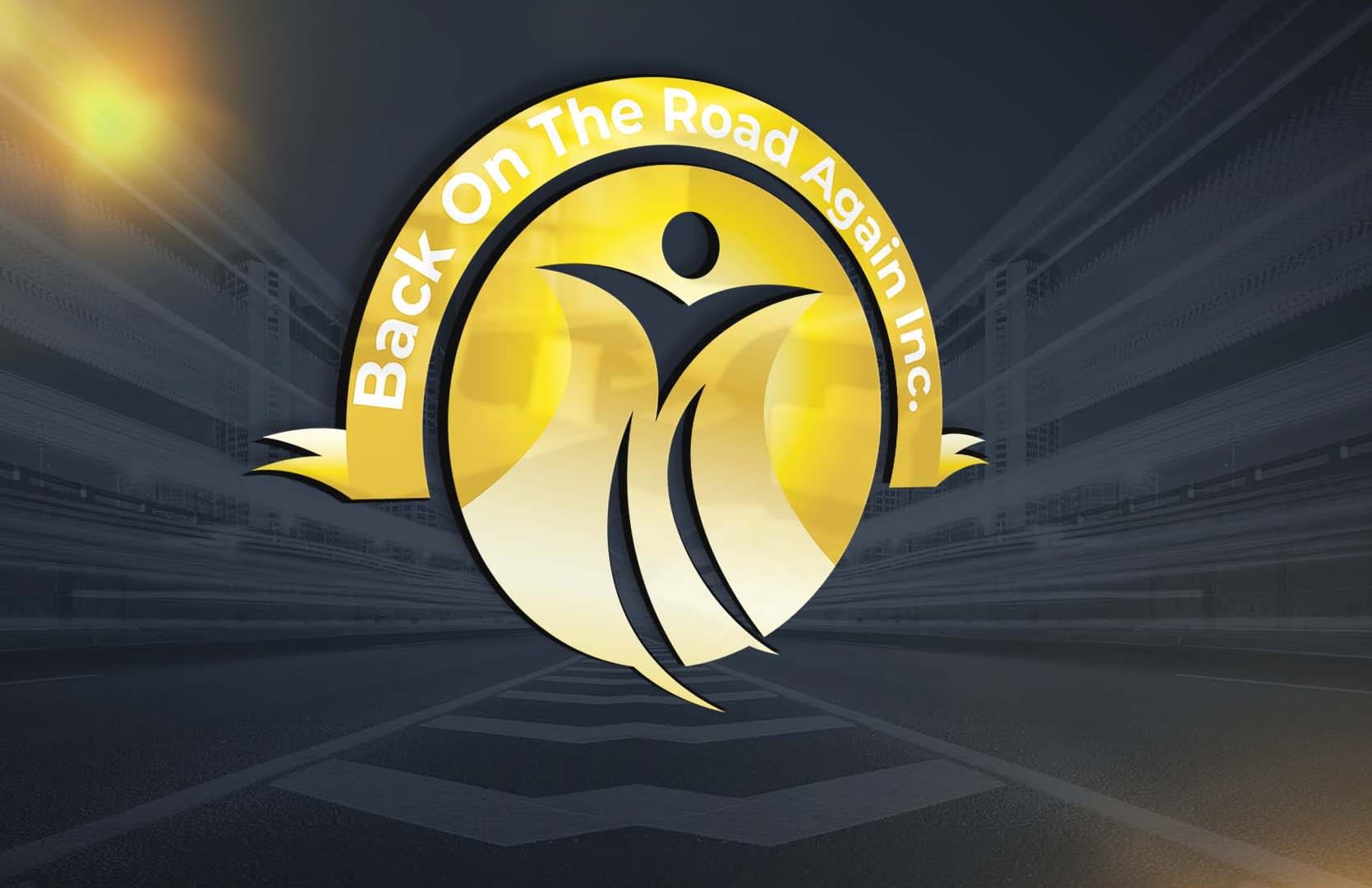Refusing the Breathalyzer Test in NC

Refusing to take a breathalyzer test during a DWI checkpoint in North Carolina can lead to significant adverse effects. Under North Carolina’s implied consent law, drivers automatically consent to chemical testing when they are lawfully arrested for driving while impaired. Refusal to take a breathalyzer test results in an immediate 30-day civil license revocation, followed by a one-year revocation by the North Carolina Division of Motor Vehicles (DMV). This administrative penalty is applied regardless of the outcome of the DWI charge itself, making the consequences immediate and severe.
In addition to the license revocation, refusing a breathalyzer test can complicate legal proceedings and impact the defense strategy in court. The refusal can be used as evidence against the driver, potentially leading the jury or judge to infer that the driver was trying to hide their level of impairment. This inference can strengthen the prosecution's case, making it more challenging to contest the DWI charge. Furthermore, the court may impose additional penalties, such as fines, community service, or mandatory substance abuse programs, which could have been less severe had the driver complied with the breathalyzer test.
Lastly, refusing a breathalyzer can have long-term consequences on a driver's record and insurance rates. The one-year revocation for refusal adds a significant mark to the driver’s record, which insurance companies view as a high-risk indicator. This can lead to substantially increased insurance premiums for several years. Moreover, the refusal may affect future employment opportunities, particularly for jobs that require driving as a core responsibility. Overall, the decision to refuse a breathalyzer test not only results in immediate legal and administrative penalties but also carries lasting financial and personal repercussions.
Process for License Reinstatement

In North Carolina, the process for reinstating a driver's license after a DWI (Driving While Impaired) conviction involves several steps and compliance with specific requirements. First, individuals must complete a substance abuse assessment, which evaluates the extent of their alcohol or drug use. Based on the results, they may be required to undergo treatment or education programs. This assessment is a crucial step as it determines the necessary intervention to reduce the risk of future offenses. Additionally, completing any court-ordered community service and paying all fines and fees associated with the conviction are mandatory prerequisites.
Following the completion of these requirements, individuals must satisfy the North Carolina Division of Motor Vehicles (DMV) reinstatement conditions. This often includes installing an ignition interlock device on their vehicle, particularly for repeat offenders or those with high Blood Alcohol Concentration (BAC) levels. The ignition interlock device prevents the car from starting if it detects alcohol on the driver’s breath. Furthermore, drivers may need to obtain SR-22 insurance, which provides proof of financial responsibility, for a specified period. Compliance with all probation terms and maintaining a clean driving record during the suspension period are also essential for reinstatement.
Once all conditions are met, individuals can apply for license reinstatement by paying the required restoration fees and providing proof of compliance with all stipulated requirements. The DMV will review the application to ensure that all conditions have been fulfilled. If approved, the driver’s license will be reinstated, but the individual may still be subject to ongoing monitoring, such as periodic checks of the ignition interlock device. Successfully navigating this process not only restores driving privileges but also emphasizes the importance of responsible behavior and adherence to state laws to prevent future DWI incidents.
